Jane Austen's satirical masterpiece Emma has been adapted for film and television several times since it was first published in 1815. It's a universally appealing story, about a superficial young woman who learns valuable lessons from meddling in the romantic affairs of her friends has been revered for its witty social commentary and its memorable characters.
While the story has had several period versions done by the BBC, and was even turned into the contemporary film Clueless, the 2020 film Emma has been declared one of the most faithful adaptations to date. By combining modern humor with the romantic entanglements of 19th century English society, it proves that what was true in Austen's time is just as true today. Read on for descriptions of how Emma and her pals in Highbury are supposed to look.
10 EMMA WOODHOUSE
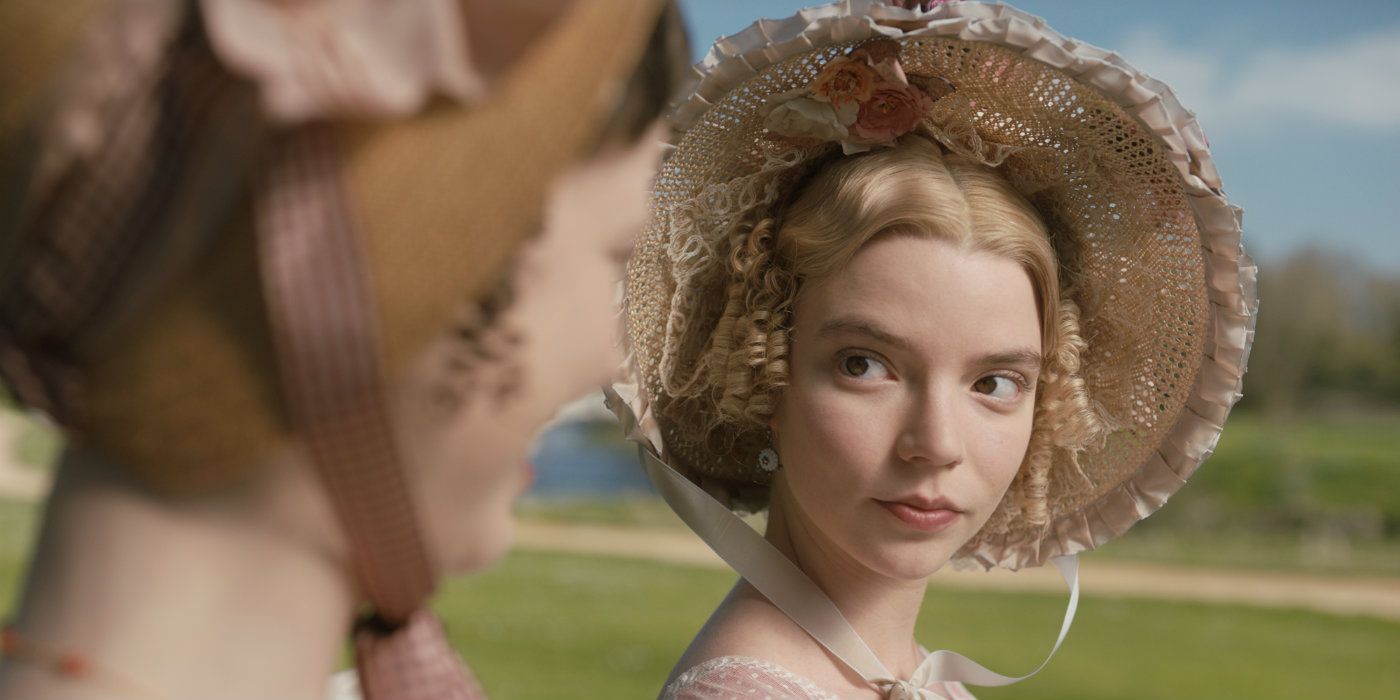
In Austen's novel, Emma is a precocious, wealthy, and beautiful young woman who lives quite comfortably with her father in the village of Highbury. With no real struggles in life (aside from her mother's passing), she busies herself with gossip and social events, often interfering with the love lives of others despite vowing never to marry herself.
While Emma was always described as a heroine only Austen herself would ever like, Emma depicts its titular character as quite a bit more conceited, selfish, and manipulating than in the novel. It takes her much longer to see the error of her meddling in her friends' lives, and she's downright predatory to the unfortunate Harriet Smith.
9 GEORGE KNIGHTLEY
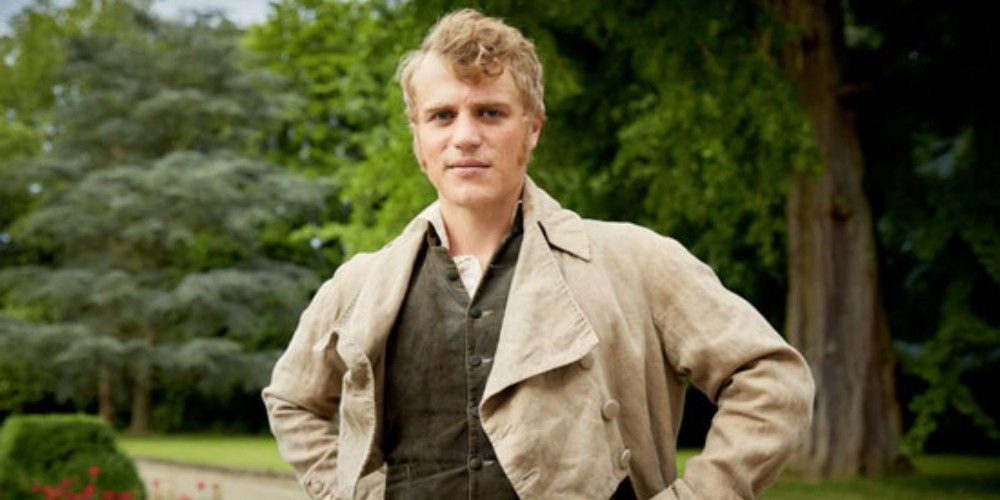
A longtime friend of the family, as well as Emma's brother-in-law by way of her sister Isabella, George Knightley is 37 in Austen's classic novel, significantly older than Emma (21). Emma looks up to him for his sagacious advice, especially in the wake of her mother's passing.
In the film Emma (and indeed in any film adaptation of the story), Knightley is just a few years older than Emma, making him a more suitable love interest. He remains disapproving of her preoccupation with match-making, especially as it interferes with Harriet Smith and Robert Martin, but ultimately falls in love with her despite her frivolous personality.
8 HARRIET SMITH
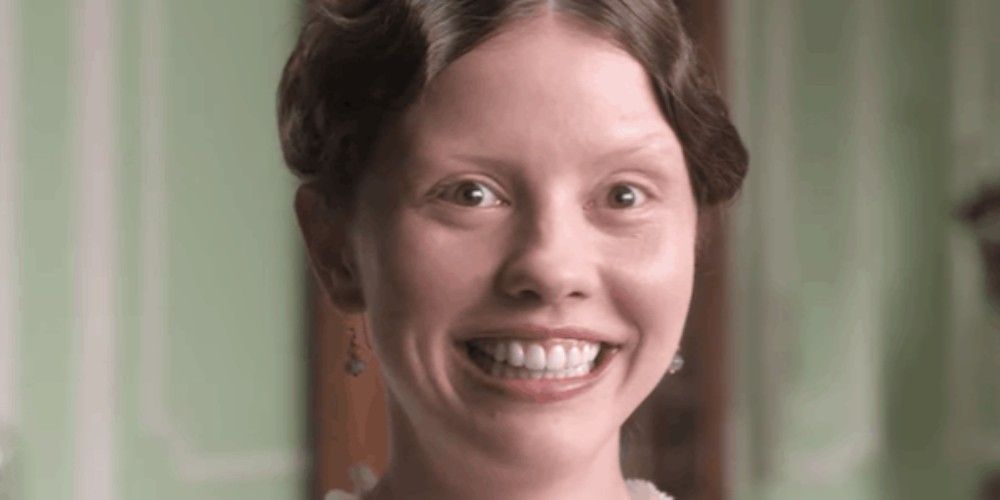
Harriet Smith is one of the most sympathetic characters in Austen's novel, primarily because she's the recipient of Emma's well-meaning but ultimately disastrous match-making. Her fortunes are lacking and her prospects are few, which causes Emma to take pity on her and decide to set her up with a respectable partner.
In the novel as well as the film, Harriet's choice of farmer Robert Martin is deemed unacceptable by Emma, and she's therefore set up with Mr. Elton. After he behaves appallingly towards her, Harriet develops feelings for Mr. Knightley, which only serves to make Emma jealous, ultimately causing her to realize she is in love with Mr. Knightley herself.
7 MR. WOODHOUSE
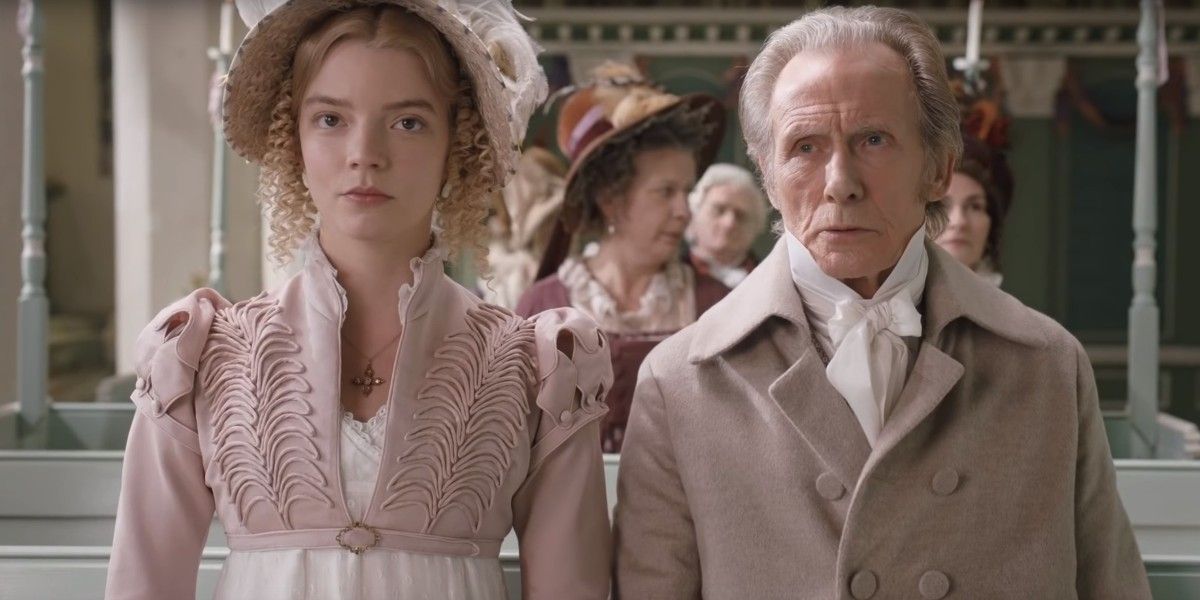
In the novel, Emma's father Mr. Woodhouse is extremely worried about not only his own health, but the health of everyone around him. On the basis that they might damage his health, he's against attending social gatherings, eating cake, going outside, and Emma becomes his caretaker.
In the film, Mr. Woodhouse has many opinions on the behaviors and activities of others, but they aren't based on anything to do with his health. He likes things done to an exacting and precise standard, and comes across as possessing an obsessive-compulsive disorder rather than being a valetudinarian.
6 FRANK CHURCHILL
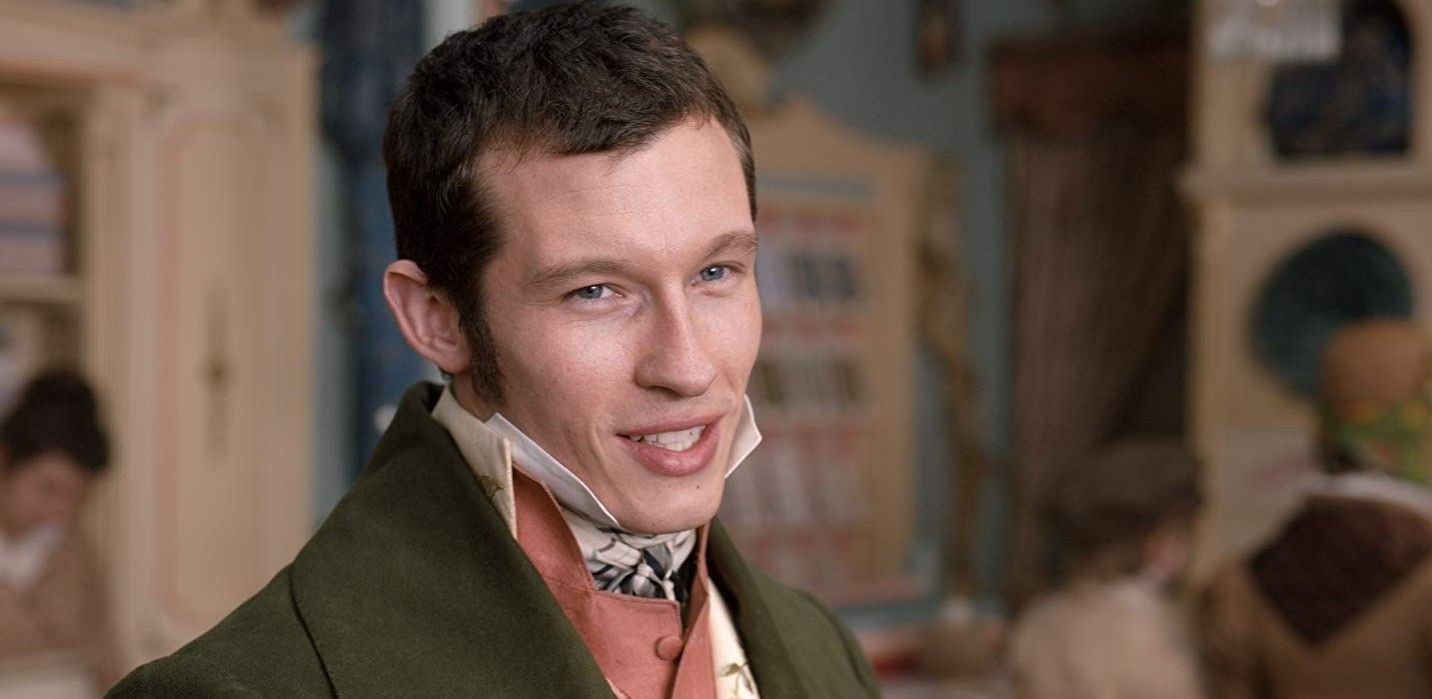
Frank Churchill is Emma's equal in every way, which is why in the novel she takes a fancy to him almost immediately. Affluent, charming, and age-appropriate at 23, he's the talk of Highbury when he arrives, though Mr. Knightley sees him as immature and vulgar.
In the film, Churchill is charming but vain, and shares quite a few more qualities with Mr. Elton than he does in the novel. A pivotal scene where Churchill saves Emma after her carriage goes into a lake is kept out of the film, which might have made him seem quite a bit more gallant.
5 MISS TAYLOR/MRS. WESTON
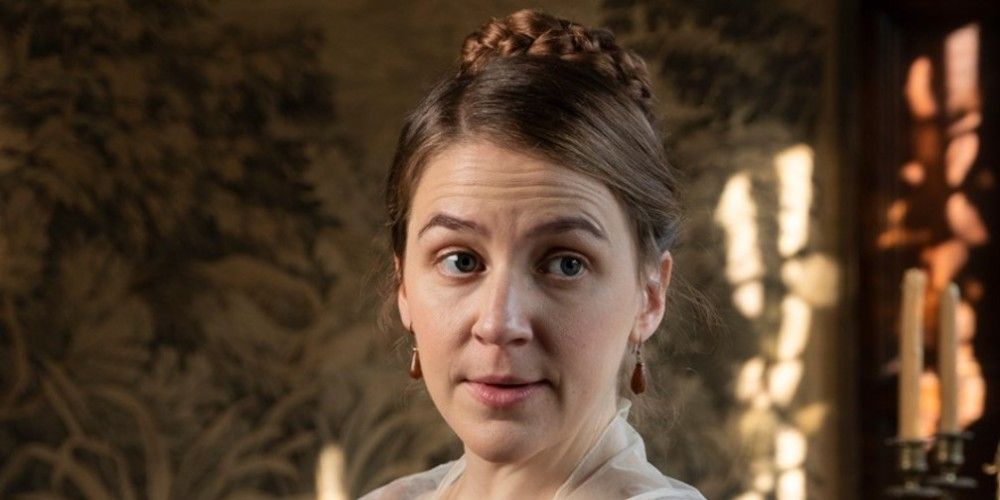
Miss Taylor is Emma's governess in the novel, and Emma holds her in very high regard and the feeling is mutual. After her marriage to Mr. Weston, she takes on more of a maternal figure to her ward. Emma becomes lonely with her absence and finds Harriet Smith a suitable replacement for a friend and confidante.
In the film (as in the novel), Mrs. Weston is a source of guidance for Emma, though some of her presence as a confidante is given to other characters, making her a less integral part of Emma's story.
4 JANE FAIRFAX
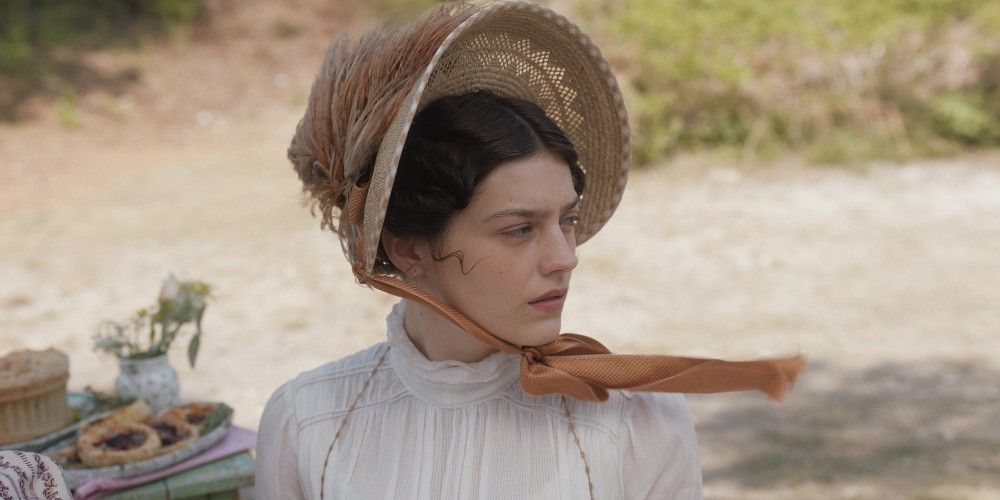
Jane Fairfax is perhaps Emma's greatest rival, though she doesn't know it in the novel. Beautiful, elegant, and possessed of impeccable manners, she sings and plays the piano beautifully. She would be Emma's equal if only she was born into better circumstances.
In the film, she's depicted as reserved and amiable, but not exactly the head-turning beauty she should be. Even Mr. Knightley acknowledges Jane Fairfax's beauty in the novel, and believes her mismatched with Frank Churchill.
3 PHILIP ELTON
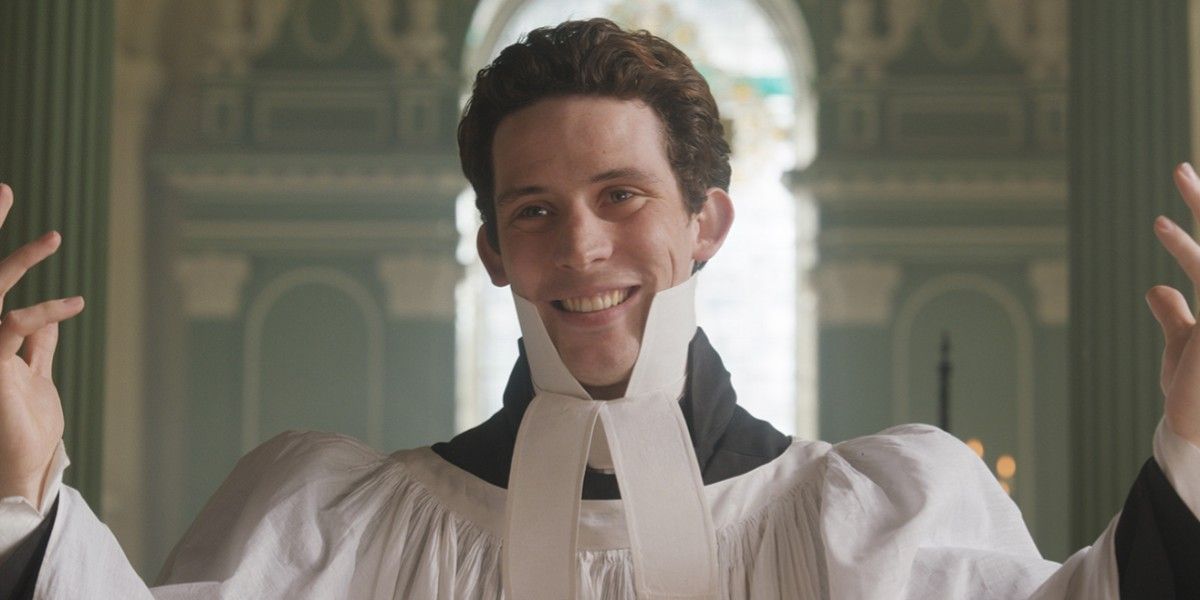
Philip Elton is a young, ambitious, yet unmarried vicar in Austen's novel, making him desirous to find a suitable partner as soon as possible. He sets his heart on Emma, as well as her substantial dowry. He's revealed as a predator the moment Emma rejects him and he secures a marriage to another (if less affluent) woman.
In the film, Mr. Elton is even more overtly conniving. While he may have taken a more slow-burn approach to his well-laid plans ensnaring Emma's fortune in the novel, he's much more blatant about his machinations onscreen.
2 MISS BATES/MRS. BATES
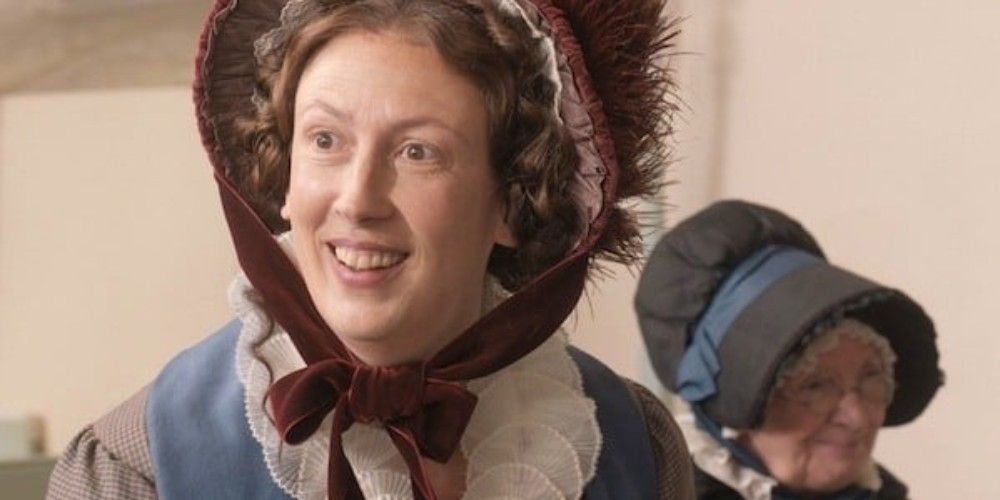
In Austen's novel, many of the best social satire belongs to the banter between Mrs. Bates and her daughter, Miss Bates. Mrs. Bates desires her daughter to find a suitable husband, but her daughter is insufferably long-winded. Emma puts her in her place for droning on endlessly about nothing anyone wants to hear.
In the film, to its detriment, much of the pithy commentary between Mrs. Bates and her daughter is truncated to a few amusing scenes. There isn't a sense of Miss Bates's prolixity, making Emma's dislike of her less pregnant, however odd it may seem to want to see more of the most annoying character.
1 ROBERT MARTIN
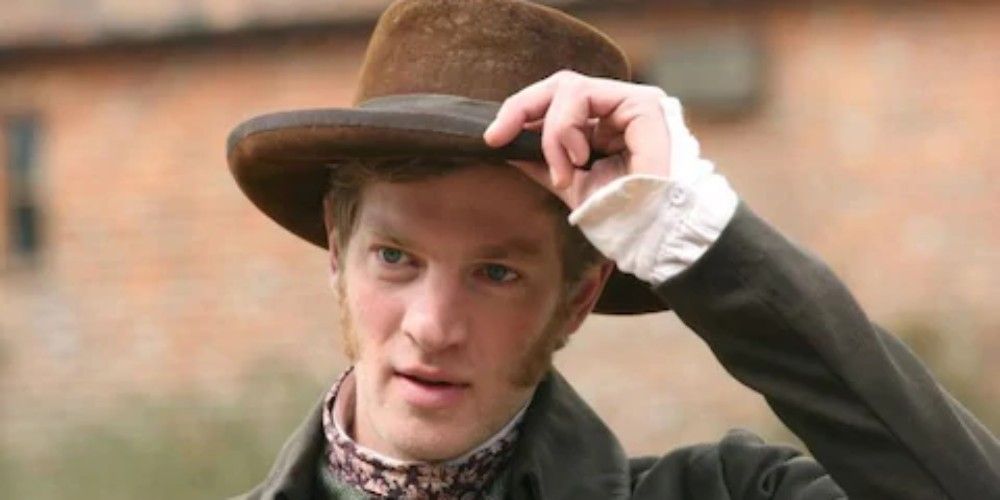
At 24, Robert Martin is a respected and successful (if not wealthy) farmer in Austen's novel, who becomes smitten with Harriet Smith despite the fact that Emma has forbidden her from responding to his advances. He's a friend of Mr. Knightley's, who disapproves of Emma's interference with his love life.
The film depicts Robert Martin as more or less the same as in the novel - an affable young man who despite being below Emma's estimation of Harriet's breeding, is a dependable suitor who even after the first rejection, continues to propose to Miss Smith until she accepts.
from ScreenRant - Feed https://ift.tt/3dTCjEG
via IFTTT








0 comments:
Post a Comment